Iran on Tuesday launched 180 ballistic missiles against Israel, a democracy the size of New Jersey. It was the largest escalation to date in a year-long, seven-front war waged by the world’s leading state sponsor of terrorism against Israel, the United States, and global maritime shipping. President Joe Biden and Vice President Kamala Harris must come to terms with the fact that this attack resulted from their own foreign policy — subsidized by billions of dollars in US sanctions relief, legitimized by strategic accommodations to Tehran, encouraged by pressure on Israel and invited by the non-stop signaling of American fear of escalation.
As a candidate for office in 2020, President Joe Biden vowed to return to the 2015 Iran nuclear deal and to end the Trump administration’s maximum pressure campaign. After taking office, there was simply nothing Iran could do to convince Biden that this was a terrible mistake.
The ayatollah in Tehran certainly tried his best. Iran’s production of high-enriched uranium, first at 20 percent purity level and then at 60 percent, met no pushback in the International Atomic Energy Agency where the Biden-Harris administration pressured European allies to pull back on censure resolutions. The regime’s production of uranium metal, a key component of nuclear weapons and limiting access for nuclear inspectors drew offers of sanctions relief at the negotiating table.
Biden and Harris rescinded their predecessor’s “snapback” notice to the Security Council, which sought to re-impose multilateral sanctions on Iran. They removed Iran’s terror proxy in Yemen, the Houthis, from America’s formal terror list, too.
The “election” of Ebrahim Raisi to be Iran’s president — a wolf in wolf’s clothing who filled his cabinet with a who’s who of Iran Terror Inc. — didn’t bother the White House much. Neither did Iran ordering its militias in Iraq and Syria to attack American troops, sending drones to Russia to kill Ukrainians, or even a national women’s uprising. A nuclear deal remained paramount.
Last year, more desperate than ever for some kind of agreement, the US opened the floodgates on sanctions relief — first giving Iran access to billions of dollars in previously frozen bank accounts and then allowing Iran’s oil to flow freely to China. Hamas’s budget reportedly tripled with Iran’s windfall. October 7 soon followed.
The mass murder of 1,200 Jews and capture of 250 more hostages, including Americans among the dead and captive, followed by Tehran unleashing a war on seven fronts — from Gaza, Lebanon, Syria, Iraq, Yemen, Judea and Samaria and Iran itself — still did not force any changes in US strategy. Waivers issued to give Iran access to cash were renewed. Oil sanctions remained unenforced. And the international missile embargo on Iran was allowed to expire despite the US and its closest allies having the power to maintain it by simply sending a letter to the UN Security Council.
Three dead American soldiers in Jordan prompted retaliation against Iran-backed militias in Iraq, but Iran was spared. And as the Iran-backed Houthis in Yemen effectively closed international shipping in the Red Sea and began a daily drone and missile war on the US Navy, the White House refused to put the group back on the foreign terrorist organization list, let alone unleash Central Command to decimate the group’s leadership, infrastructure or capabilities.
As the presidential election season drew nearer, the White House strategy got worse — pressure increased on America’s ally, Israel, in the middle of its existential war for survival, instead of on the aggressor and its terror axis. From imposing sanctions on Israelis to withholding weapons from Israel’s military, the message to Tehran was clear: You have a green light to escalate.
Israel has now emerged from months of US hand-wringing, threats, undermining press leaks and other pressure tactics with a full-throated campaign to turn the tables on Iran and decimate its ability to wage war across the Middle East. And Israel is winning despite its greatest ally making the situation as challenging as possible.
Biden and Harris reportedly want credit for Israel’s success. They also want applause for helping defend Israel from large-scale missile attacks that were launched only because of their complete evisceration of American deterrence and appeasement of the attacker.
An arsonist playing firefighter deserves no applause. But if they want to atone for their ideologically driven foreign policy malpractice, they can do so now by fully supporting Israel in destroying Iran’s nuclear and missile infrastructure and by helping the Iranian people take back their country.



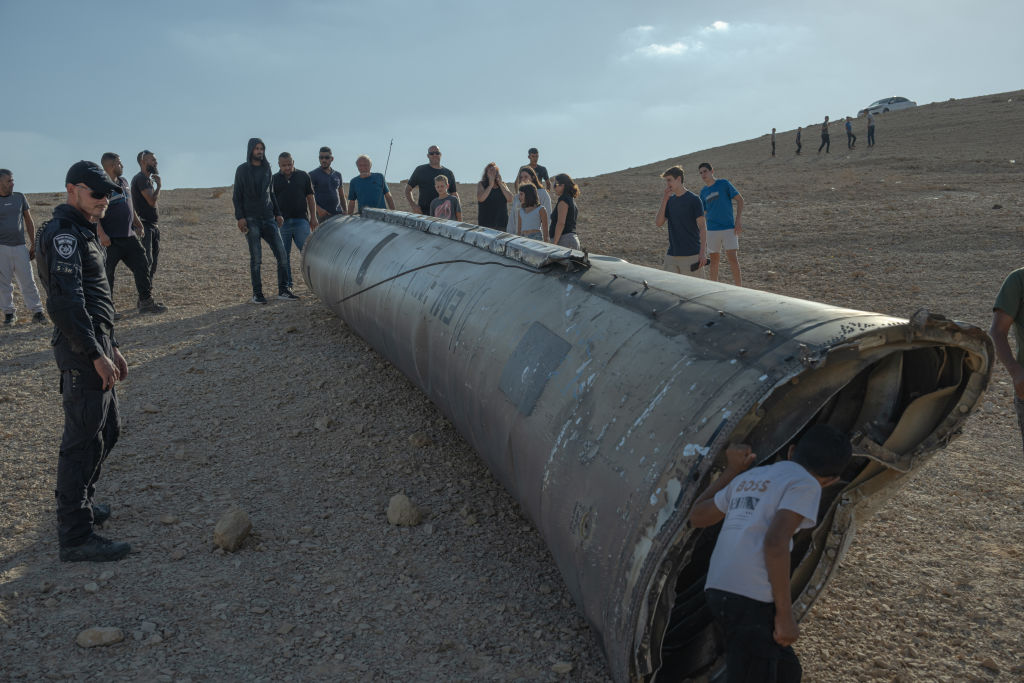






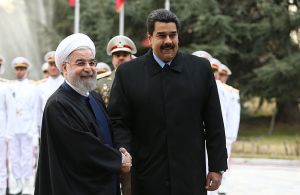

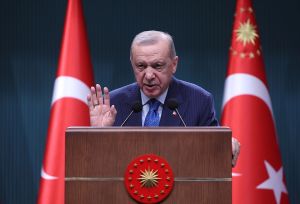
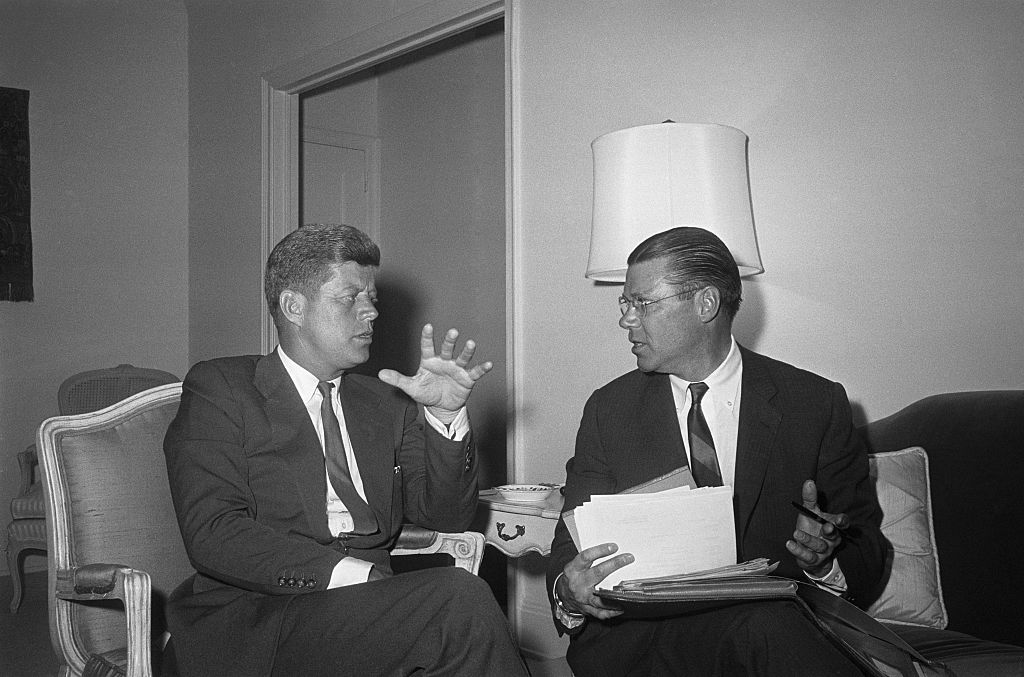
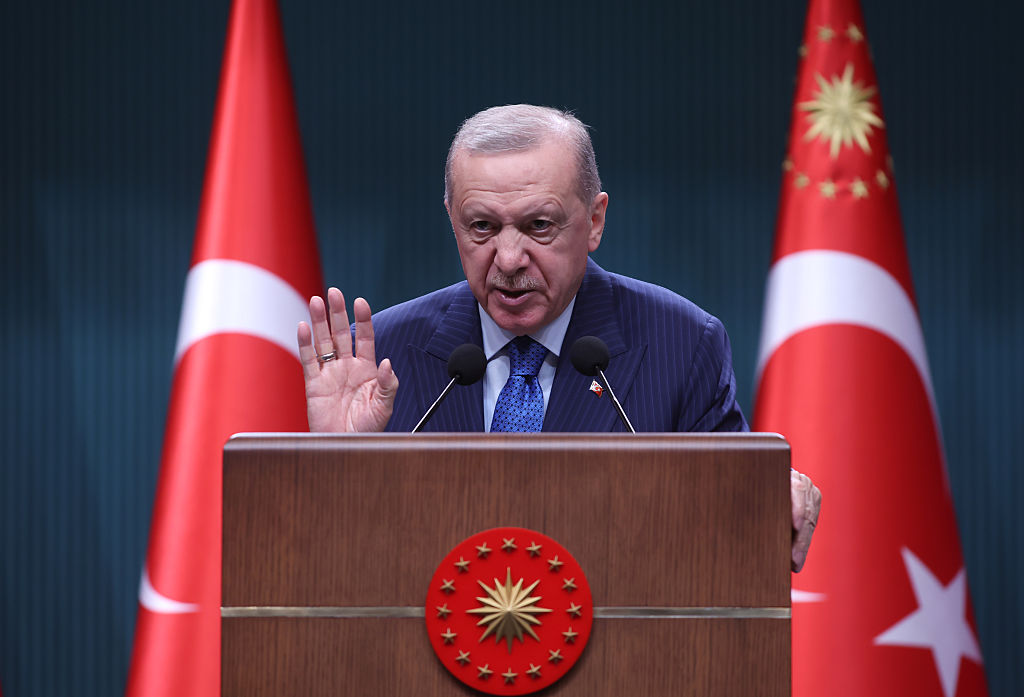

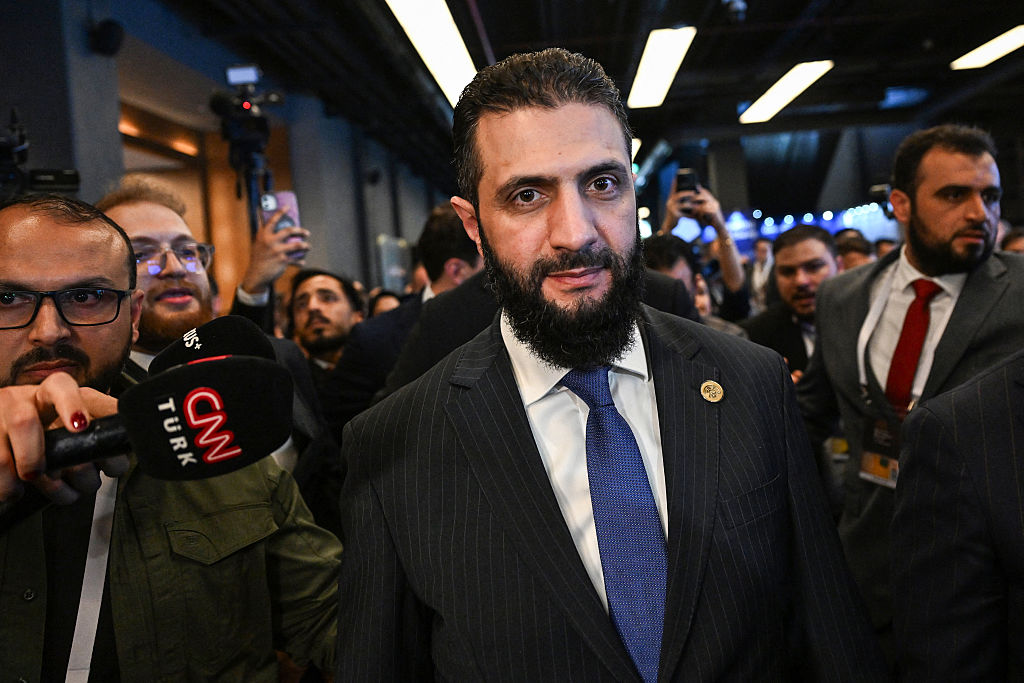
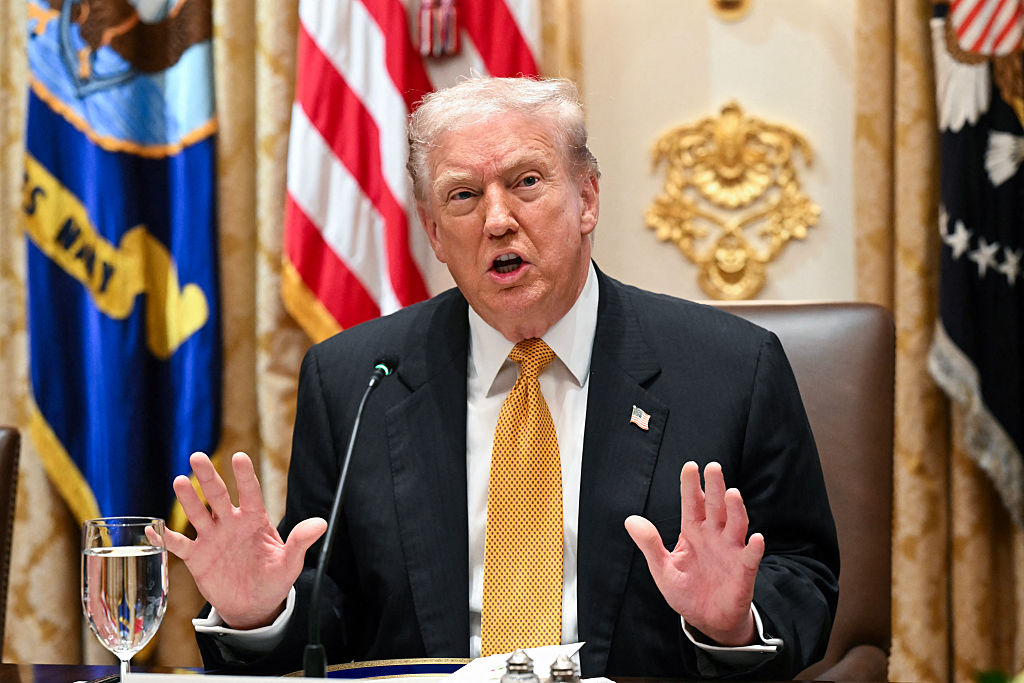








Leave a Reply